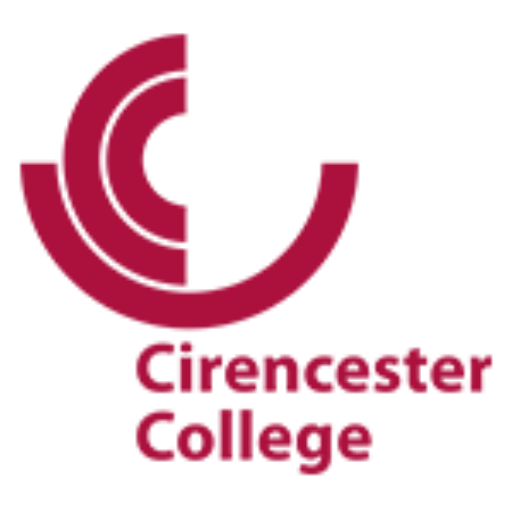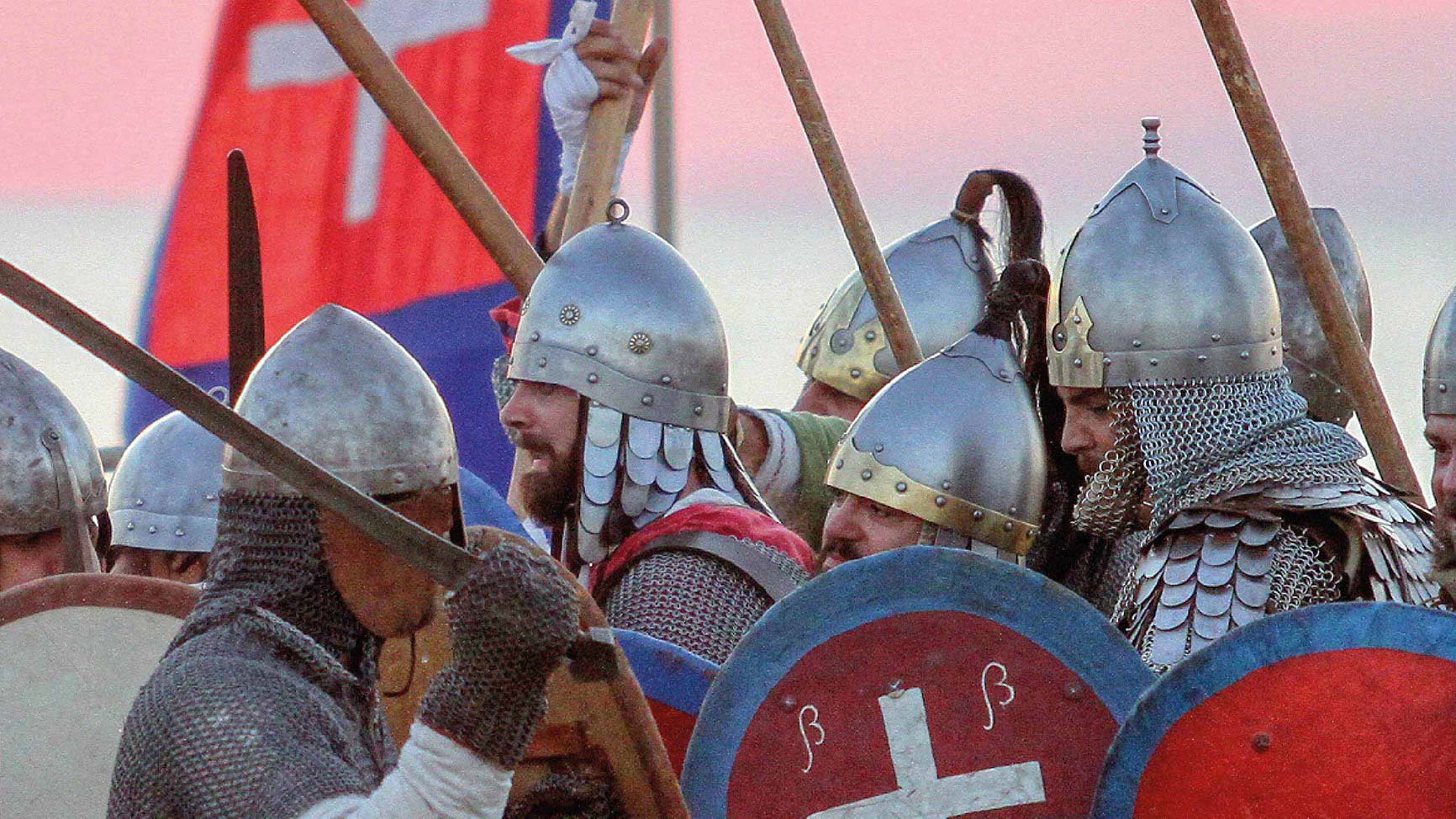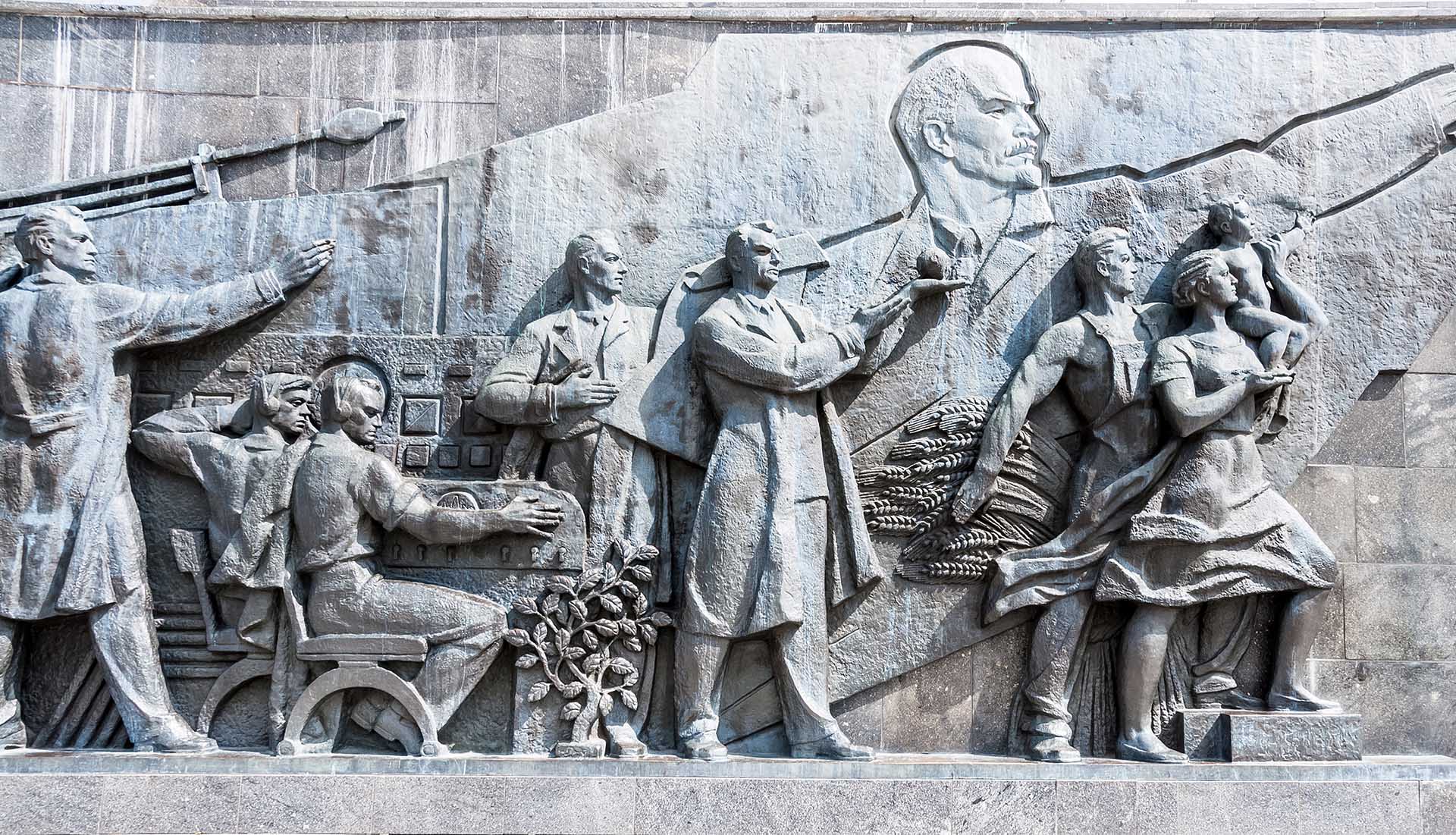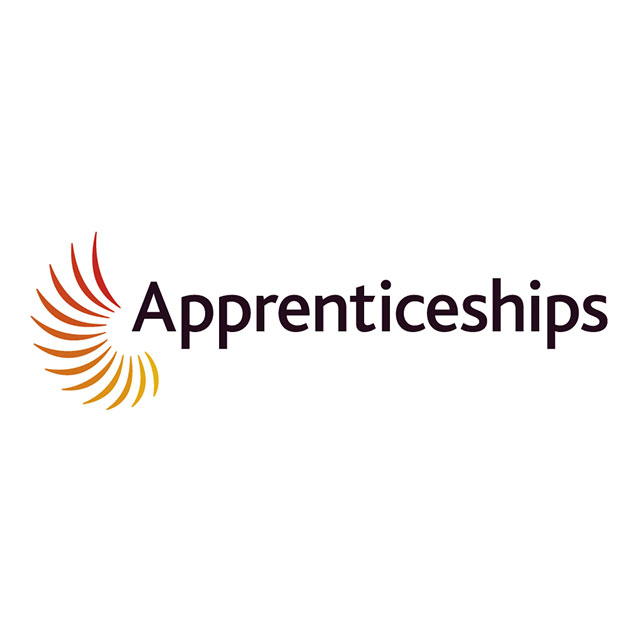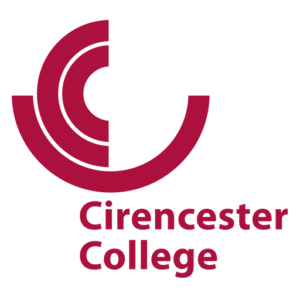DO NOT DELETE OR EDIT THIS ROW OR ITS CONTENTS

Bob Marley once said that you needed to know your history to know where you are coming from and so the study of past societies, ideas and events helps us understand the modern world. At Cirencester College we think history is so important that we offer the widest choice of A-level anywhere in the region; whatever history you have studied at school or have a personal interest in, there is something for you here. If you enjoy modern history then this could be the course for you as we focus on the struggles that led eventually to greater democracy in two European nations: Germany and Italy. You'll explore the turbulent years in Italy and Germany that saw the collapse of democracy and the creation of fascist dictatorships, then in the second year learn about the struggles of ordinary people in 19th and early 20th century Britain as they fought for the right to vote, decent wages and greater freedom.
What will I study in History (Dictatorship and Democracy) A-level?
This pathway allows students to continue their exploration of 20th century fascist political systems. This tumultuous period, which lasted only 1 generation, had a major impact on the outcomes of the rest of the century, with war and violent upheaval being a marker of world events. We offer some balance by choosing to study the development of democracy in Britain as a comparison marker, particularly asking the question of why Britain did not undergo a similar period.
For paper 1 you will study Germany 1918-1989: this option comprises a study in breadth and in depth, in which students will learn about key political changes experienced in a unified Germany and then in West Germany after the Second World War, and the impact of these changes on German economic, social and cultural developments. In addition, you will be required to engage critically with historical interpretations, focusing on Hitler’s foreign policy and to what extent this was responsible for WW2.
Paper 2 sees you studying the Rise and Fall of Fascism in Italy 1911-46. This module comprises a study in depth of the turbulent years in Italy that saw the collapse of the liberal state, the creation of a fascist dictatorship and a return to democracy in the aftermath of the Second World War. This paper has a source focus, requiring you to examine the ways historians use contemporary sources as part of historical enquiries.
For paper 3 you will examine the topic of Protest, Agitation and Parliamentary Reform between 1780-1928. We will analyse and explore the relationship between authority and mass agitation in England, the struggle for greater representation in England, and the ways in which the interests and concerns of individuals in society could make themselves known. This paper also has a source element, asking you to evaluate the utility of a contemporary source to answer two linked enquiries.
Finally, there is a non-examined assessment or coursework, the purpose of which is to enable history students to develop skills in the analysis and evaluation of interpretations of history in a chosen question, problem or issue as part of an independently researched assignment. Students will be required to form a critical view of an area of historical debate based on relevant reading on the question, problem or issue. Students at Cirencester have the freedom to complete a centre set assignment, based on one of their three examined papers, or they may choose their own topic to research. This offers those students the chance to go beyond the exam specification and really explore a period of history that is interesting to them. Those who choose a centre-set question will also benefit, as their study will take them deeper into and beyond what the exam requires, and they often emerge more confident and with a better understanding of the exam topics.
Entry Requirements
At least five GCSEs at Grade 4 or above all from the basket subjects. It is not necessary to have studied GCSE History, though this is advised. If students have taken GCSE History, they must have achieved a Grade 4 or above to take A-level History.
How will I learn?
The course will use a variety of different teaching methods ranging from lectures and discussions, to student presentations and individual research. The lecturers aim to bridge the gap between school and university so there is an emphasis on encouraging students to think for themselves. There is a high expectation for students to participate in all sessions.
How will I be assessed?
Assessment is through three examinations at the end of the course as well as a coursework module in the second year:
Paper 1: 2 hours 15 mins during which time you will answer two essay questions and one historical interpretations question.
Paper 2: 1 hour 30 mins during which time you will answer one essay question and one primary source analysis question.
Paper 3: 2 hours 15 mins during which time you will answer two essay questions and a primary source analysis question.
The coursework assesses historical interpretations and is between 3,000 and 4,000 words.
Any trips?
There is the potential opportunity to travel to Italy or Germany, together with visits to the British Museum, the Tower of London and sites of local interest. We have also taken part in student conferences with the National Archives and the University of Gloucestershire.
Are there any costs involved?
You should expect some small costs for course booklets and stationery. If trips are arranged, these will also require costs for transport and entry fees, but we will do our best to keep this to a minimum.
FAQs
We have had students undertaking work placements in History departments within local schools. This has proven to be invaluable for those wishing to enter the teaching profession
We run a History Society as part of the College's enrichment programme. This is run by our students, who take turns to present a short lecture on a period or event of history that interests them. Our lecturers also take part, allowing us to reveal what led us to a study of History.
Essay writing is one of the very valuable skills we teach you at A-Level History. There are fewer different question types at A-Level than at GCSE. We will teach you techniques for writing essays which develop the skills you already have. You won’t have to do one every week.
Yes it will. The specification has been designed by exam boards in close consultation with universities. It is therefore a highly-regarded qualification which universities particularly value on UCAS applications. History is named a ‘facilitating’ subject by the Russell Group of universities, meaning that it is a subject that universities particularly look for on applications for a wide range of different courses (not just History courses). A good grade in History at A-Level will make you stand out as a strong candidate when applying for university, whatever subject you choose to study.
History is an interesting and worthwhile subject which broadens your understanding of the contemporary world and your analytical skills. By the time you complete your A-Level in History, you will be able to write, argue, persuade, debate, process information, weigh up evidence and reach and present conclusions. These skills are highly prized by employers in a very wide range of fields, including business, management, journalism and the media, law, politics and the civil service, economics, finance and accounting, the arts, tourism and heritage.
Awarding Body
EDEXCEL
Available As
[56 UCAS pts. available]

Add to Application
What can I do after I have taken this course?
Available As
[56 UCAS pts. available]

Add to Application

DO NOT DELETE OR EDIT THIS ROW OR ITS CONTENTS

